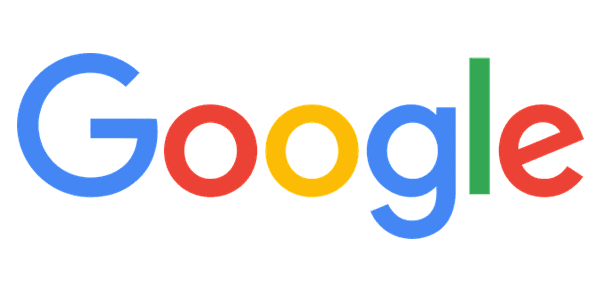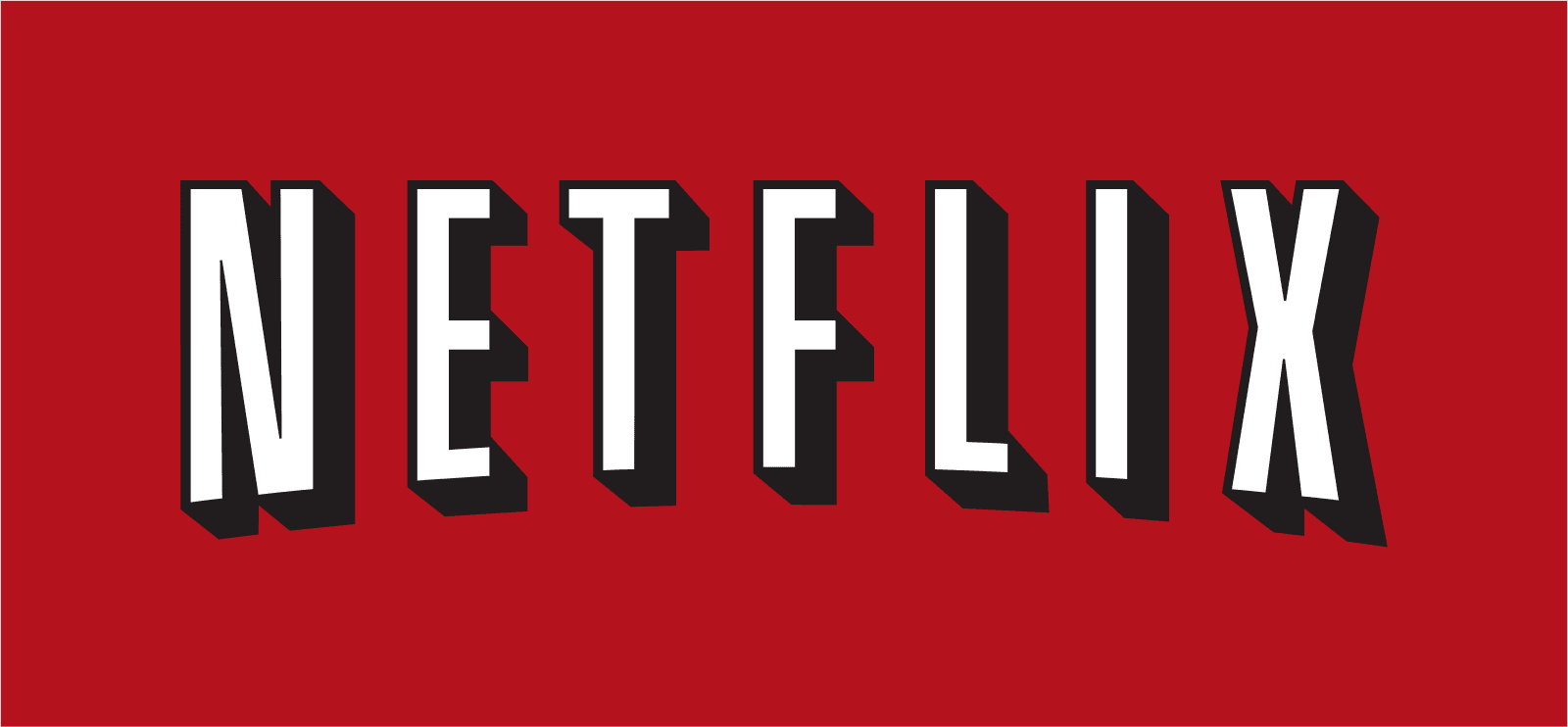All articles
The rise of the knowledge economy
Knowledge is now the most valuable asset of a business. The knowledge economy is often considered a buzzword but it should be better understood by businesses who want to get ahead of the curve.
Published
August 23, 2017
Category
The rise of the knowledge economy and the future of work
Catherine Heath | August 23, 2017
Knowledge is now the most valuable asset of a business. The knowledge economy is often considered a buzzword but it should be better understood by businesses who want to get ahead of the curve.
Investopedia defines the knowledge economy as:
“A system of consumption and production that is based on intellectual capital.”
This slightly confusing definition can be understood to mean a system where value is created from the intangible intellectual assets of a company.
Traditional economies

Image: Manufacturers of stirrup pumps in 1941, Wikimedia Commons
The more familiar types of global economies are divided into these categories:
Less developed countries - Manufacturing and agriculture
Developing countries - Manufacturing and services
Developed countries - Services
As countries become industrialized, they theoretically move from being dependent on agriculture to being dominated by manufacturing. Manufacturing power is the key to making profits.
As economies ‘develop’, countries move to being service-based. Even though they still need agriculture and manufacturing, these industries are largely outsourced to the rest of the globe.
While these categories may reflect the principles of capitalism rather than humanitarian development, they still provide insight into how the makeup of an economy changes as countries become wealthier.
We now need to add ‘knowledge’ to our economic categories, which has been made possible by the global and interconnected economy.
Categories of knowledge
But what is knowledge? Knowledge can be divided into several categories:
Industry expertise
Data
Code
Research
Technical expertise
Consultancy
Instructions
One report by the OECD links the knowledge economy with our increasing reliance on high technology, viewing them as one and the same. The tech industry is a knowledge industry, and, arguably, countries with strong technology ecosystems are more likely to be moving into the knowledge economy.
Knowledge workers
The term ‘knowledge workers’ was coined by Peter Drucker in his 1966 book The Effective Executive, discussing the differences between a manual worker and a knowledge worker. Many people view being a knowledge worker as ‘thinking for a living’.
For example, instead of assembling a car or flipping a burger, a knowledge worker deals in the abstract. Knowledge workers develop software, run Human Resources, or set up their own business. And this area of work is expanding.
Knowledge workers can be anyone. They need to focus less on learning particular skills that they will use for life, and instead cultivate their ability to learn.
Making the most of company knowledge
Companies need to avoid relying on indispensable workers and learn to capture their valuable knowledge. One way to do this is with an effective team knowledge base, containing rigorous documentation.
At the same time, they should be less precious about their ‘intellectual properties’ and recognise how their unique workflows can add the most value.
Knowledge cannot be seen in isolation, as it’s the sum of the entire team, company culture and organisational history.
When many similar products compete in the market, and it’s easier than ever for competitors to enter, a company is differentiated by its knowledge. The demand for products and services changes over time, but the unique culture of a company and ability to deliver is an asset that cannot be easily replicated.
Remote working
With the rapid pace of change that technology has set, all jobs are arguably more insecure, but there are also more opportunities available than ever. The internet means that national boundaries are becoming obsolete when it comes to knowledge work.
The popularity of tools like Slack and Asana reflect the growing trend for remote work and teams that are distributed globally. When employees contribute their knowledge to a company, they are not limited by time and space, only by communication tools and broadband speed.
Remote working also brings challenges as team management becomes more complex, and employees must deal with potential isolation.
Companies making use of knowledge
You can look at knowledge in another form: data. A few famous examples of companies at the forefront of using data to their advantage are Google, Facebook and Netflix.

Google sells its user data to companies seeking advertising opportunities and it generates income from products such as Google AdWords. At last count, 77% of Google’s $75 billion revenue came from AdWords. Google is the second-most valuable company in the world, after Apple.

Facebook also makes the bulk of its profits from targeted advertising and reported $7.9 billion from advertising last quarter. By collecting personal information about its platform users, Facebook sells this data to advertisers in exchange for more visibility to targeted demographics. It’s one of the most valuable companies in the world and less than 15 years old.

In an arguably more inspiring use of user data, Netflix is revolutionizing the way we consume media content and, specifically, television. Television is coming into its heyday, considered on almost the same level as film in terms of artistic value and now commanding top acting professionals.
Netflix directly bases the series it commissions on its user viewing data. Netflix knew a significant proportion of its users liked the UK House of Cards, Kevin Spacey and David Fincher movies. So it commissioned a series that combined all three: the US version of House of Cards, starring Kevin Spacey and directed by David Fincher.

What companies know about people has now become their unique product offering.
Criticisms of the knowledge economy
Some people are against the knowledge economy because they believe it puts less skilled workers at a disadvantage. However, knowledge work must not be confused with work that requires a college degree.
Moving to a knowledge-based economic model actually presents benefits for all members of society because of the possibilities for remote work, reskilling and opportunities for people with physical disabilities.
In a world that is constantly at risk of ‘disruption’, being able to command knowledge and provide long-term value will be an advantage.
Interestingly, others even argue that the knowledge economy is already outdated, because it’s still based on the principles of capitalism. A wisdom economy would take all that is good about knowledge and apply it in a more reflective way to business practices.
Final remarks
It’s not about holding knowledge statically within a company, but building a culture that can strategically use knowledge to its advantage. The best companies will cultivate a workforce that continually learns and adds value to itself, as well as its employer.
The pace of development into a knowledge economy is accelerating, but our understanding of knowledge work is not up to speed. Technology is replacing the need for service workers, since machines are more efficient at performing lots of types of service work.
Just as the job roles ‘customer support writer’ or ‘UX designer’ didn’t exist ten years ago, now we are starting to need individuals who can design customer experience journeys and machine learning experts. These are all knowledge workers.
In the future, we will probably need robotic interaction architects, drone pilots and virtual reality experience designers.
We are only just at the beginning of this new phase of work.
If you’re inspired to create your own knowledge base, don’t hesitate to sign up for your free trial of KnowledgeOwl today.
Main image: Pixabay
{{snippet.authorCatherineHeath}} {{snippet.Disqus}}

Written by
Catherine Heath
Catherine is a freelance writer based in Manchester who writes blogs, social media content, and copy. She also designs owl-based images. 🦉
Follow these 3 steps to improve your knowledge base
1
Get expert tips every month in your inbox
No spam, pinky promise.


2
Try the knowledge base software your team will fall in love with
Reduce tickets, make information easy to find.
Happier employees, happier customers.

3
Become the tech writer everyone respects
Check out our podcast, The Not-Boring Tech Writer.

How teams are using KnowledgeOwl
Loved by 3,200+ knowledge base authors in software companies around the world


























